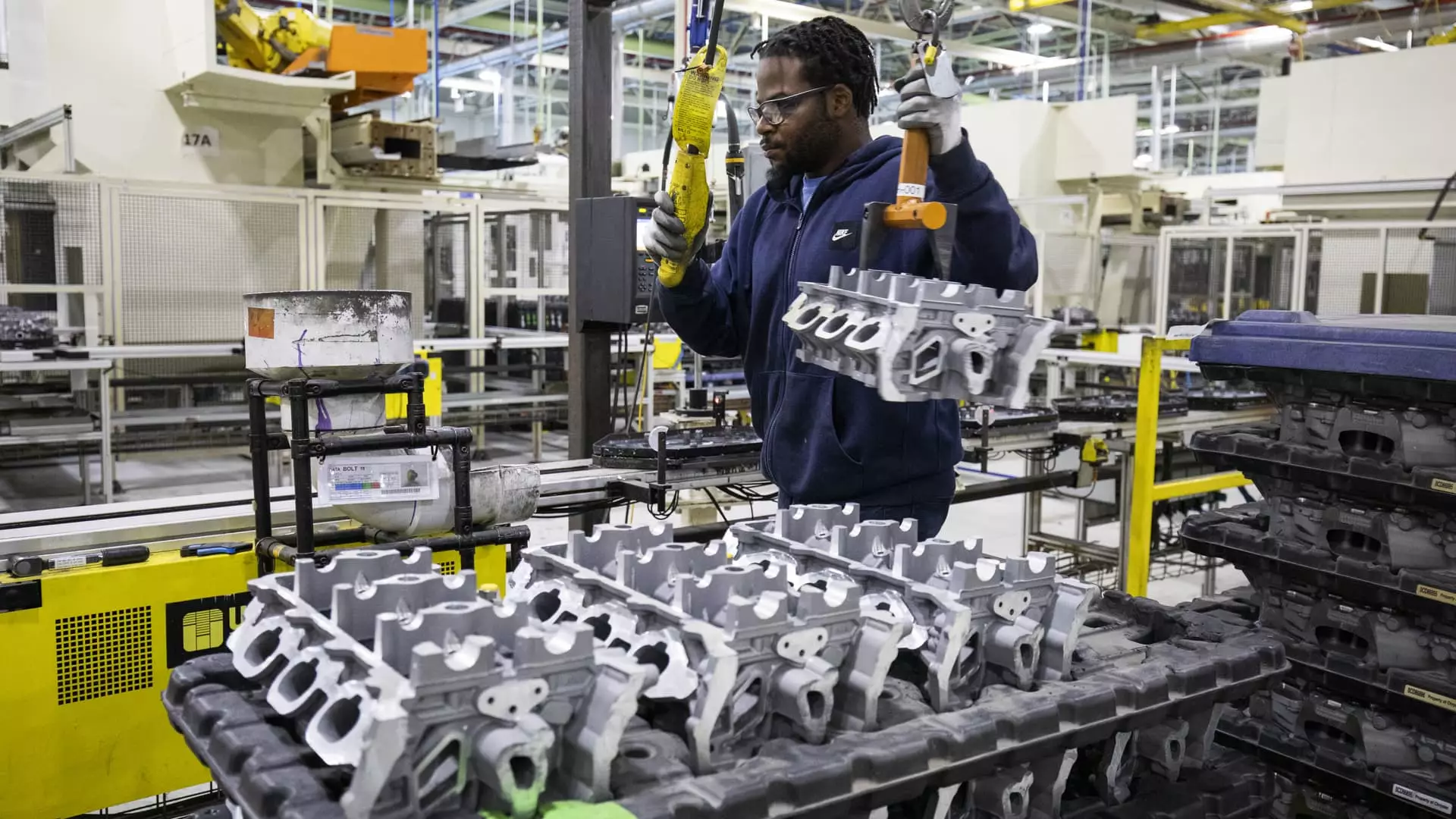The recent endeavor by six leading automotive policy groups to unite against the Trump administration’s proposed 25% tariffs on imported auto parts indicates a rare moment of solidarity in an industry not known for collaboration. This joint effort underscores the seriousness of their concerns; the potential ramifications of these tariffs could be disastrous, threatening the viability of an entire sector that forms the backbone of American manufacturing. Historically, associations within the automotive industry have opted for independent paths when it comes to advocacy, making this concerted appeal to Treasury Secretary Scott Bessent and Commerce Secretary Howard Lutnick all the more striking.
The letter from these groups paints a grim portrait: many suppliers are already struggling, and an abrupt increase in costs could lead to catastrophic outcomes, including production shutdowns and massive layoffs. The interconnectedness of the automotive supply chain means that the failure of one supplier can trigger a domino effect, crippling major manufacturers and jeopardizing the livelihoods of thousands. It is akin to igniting a powder keg; the consequences of a poorly timed tariff could resonate throughout the economy and ripple into communities that rely on automotive jobs.
The Economic Stakes
One cannot overlook the broader economic context of this impending crisis. The automotive sector is the largest manufacturing industry in the country, providing ten million jobs and contributing a staggering $1.2 trillion to the economy annually. The implications of these tariffs extend far beyond the walls of manufacturing plants; they affect consumers, economies at the local level, and, indeed, the health of the national economy. The financial burden of these tariffs is projected to push vehicle prices higher for both consumers and businesses, exacerbating inflationary pressures that are already in play.
As voices from within the industry articulate, it appears that the potential for a drop in vehicle sales could reach millions of units, with estimates of over $100 billion in increased costs across the board. The situation grows particularly complex when one factors in the ongoing disruptions to global supply chains caused by the pandemic—an issue that the automotive industry is still grappling with. Rather than providing a strategic advantage, the proposed tariffs may instead exacerbate existing vulnerabilities, leading to long-term fallout that could stretch far beyond the automotive sector.
A Call for Pragmatic Trade Policies
The automotive groups’ letter appeals to the administration’s acknowledged willingness to reassess these tariffs, suggesting alternative paths that could fortify, rather than cripple, domestic production. It is an argument that aligns with a center-wing liberal perspective: we must invest in our capabilities while also acknowledging our interdependence in a global economy. Rerouting supply chains and focusing on domestic production is ideal, but such transitions require time, foresight, and strategic planning, qualities that a hasty tariff could undermine.
Trump’s recent comments about providing more time for manufacturers to adjust only underscore the complexity of this situation; genuine support for American firms should translate into measures that foster growth and stability rather than hastily penalizing them. The administration needs to understand that effective leadership in trade doesn’t come from heavy-handed tariffs, but rather from policies that bolster collaboration and long-term planning.
The Human Cost of Political Maneuvering
At the crux of this intricate debate are real people—the workers whose jobs hang in the balance and the communities built around the automotive industry. Each car manufactured, each part that rolls off the assembly line, signifies not just a transaction but the livelihood of families across the nation. As we consider the implications of policy changes, it is crucial to remember the human cost of economic decisions made in the name of protectionism.
This moment calls for an enlightened approach to trade that recognizes the vital role the automotive industry plays in not only the economy, but also in the fabric of American society. In this complex tapestry, a myopic focus on tariffs risks severing the very threads that bind us together, threatening not just factories, but entire communities and ultimately the American dream itself. The response to this crisis must be both strategic and humane, grasping the intrinsic value of the American workforce and recognizing the potential perils of a hasty political agenda.

Leave a Reply